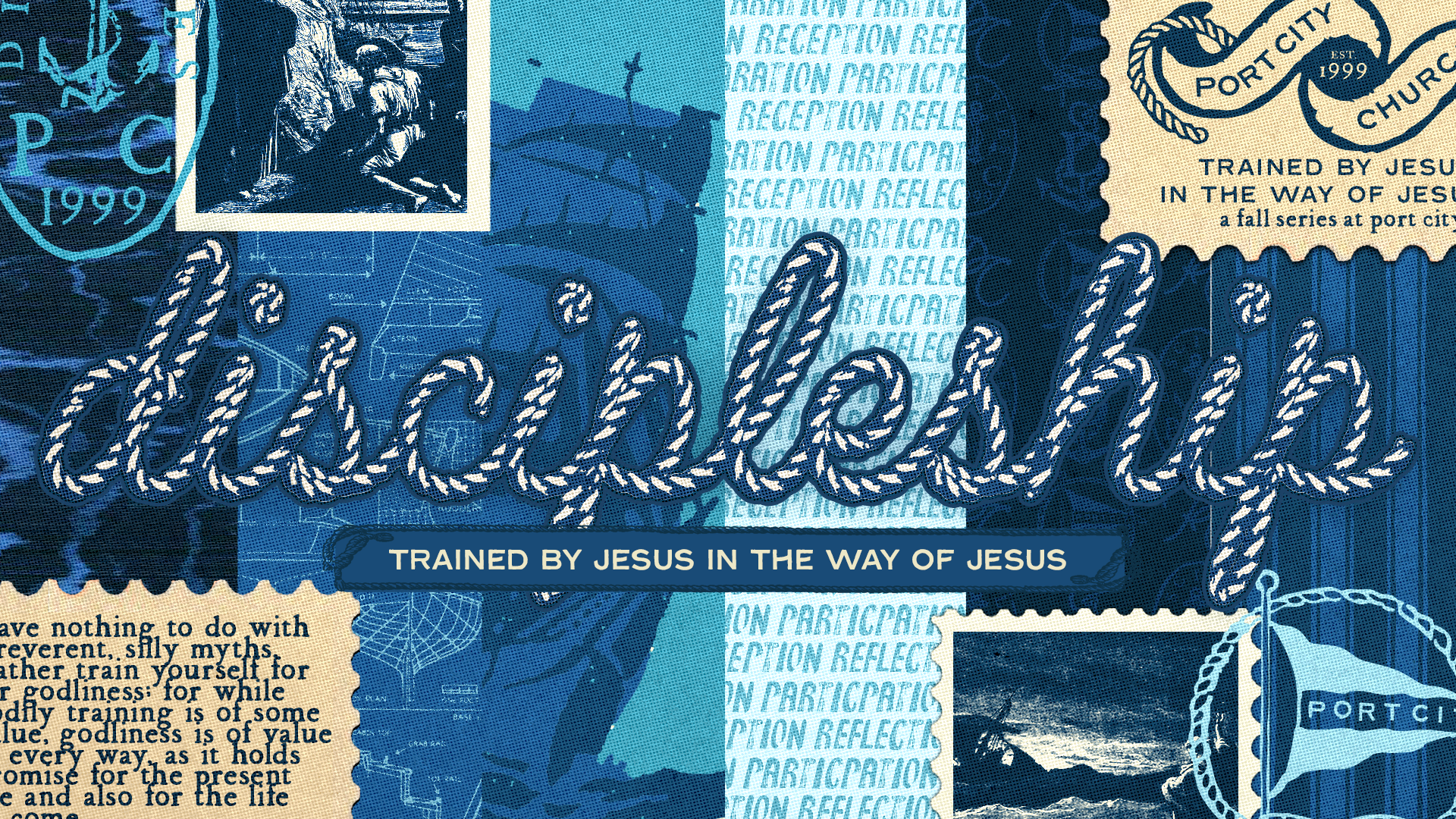Walk in It
READ
GPS technology has revolutionized how we navigate the world. We type in a destination, and within seconds, a route appears with turn-by-turn directions. But what happens when we lose signal? When the screen goes dark? When we're driving through unfamiliar territory without our technological guide? We're forced to rely on landmarks, road signs, and sometimes the wisdom of locals who know the way. Today’s passage presents us with a beautiful picture of divine navigation that goes far beyond any GPS.
Let’s take a moment to read Isaiah 30:21:
"Whether you turn to the right or to the left, your ears will hear a voice behind you, saying, 'This is the way; walk in it.'"
REFLECT
God promises that His people will hear His voice providing direction—not from a device in front of them, but from behind them. This seemingly backwards positioning reveals something profound about how God guides us.
When guidance comes from behind, it assumes we're already moving. We're not sitting in our driveways waiting for complete directions before we start the journey. Instead, we're walking forward in faith, and as we go, we hear the voice of our Guide correcting our course: "This is the way; walk in it."
This kind of guidance requires preparation—not the preparation of having every step mapped out in advance, but the preparation of having our spiritual ears tuned to God's voice. Our hearts need to be trained to distinguish His guidance from the countless other voices competing for our attention: cultural expectations, peer pressure, fear, ambition, and our own limited understanding.
The context of this verse is crucial. The Israelites had been looking for direction, but they'd been seeking it from Egypt rather than from God. They wanted political alliances and military strategies rather than divine guidance. They were prepared for many things, but they weren't prepared to hear and follow God's voice. Their ears were tuned to human wisdom rather than divine direction.
Preparing for God's direction means training ourselves to value His way over our way, His timing over our timing, His methods over our methods. It means developing what we might call "spiritual GPS"—a heart that's constantly connected to heaven's navigation system, ready to receive course corrections as we walk.
But here's what makes this kind of preparation challenging: God's directions often don't make sense from our limited perspective. Abraham was told to leave his homeland for a place God would show him—but God didn't reveal the destination upfront. Moses was instructed to approach Pharaoh with nothing but a staff and God's promise. The disciples were sent out with minimal supplies and maximum trust.
Reception becomes vital here because God's direction often comes in ways we don't expect. Sometimes it's a gentle whisper during prayer. Sometimes it's wisdom that emerges through community. Sometimes it's a door that closes or opens. Sometimes it's peace about one option and restlessness about another. Learning to receive God's guidance means staying alert to all the ways He might speak, not just the ways we prefer.
This reception requires us to resist our need to control the entire journey. We want the full map; God often gives us the next step. We want guarantees; God gives us His presence. We want to see the destination; God asks us to trust the Guide.
The voice Isaiah describes is personal and present: "your ears will hear a voice." Not a voice, not any voice, but a voice specifically for you in your unique circumstances. God's direction isn't generic—it's tailored to your situation, your calling, your season of life. But receiving this personalized guidance requires developing intimacy with the One who speaks.
Notice also that the voice comes when we need it most—when we're at decision points, when we might turn to the right or left. God's guidance is practical and timely. He doesn't overwhelm us with information we don't need, but He doesn't withhold information we do need. This builds trust in the relationship, teaching us that God's voice is both reliable and relevant.
The promise embedded in this verse is remarkable: we will hear the voice. It's not a possibility; it's a certainty for those who are prepared to receive it. This should give us tremendous confidence as we navigate life's complexities. We don't have to guess about God's will or stumble through important decisions in the dark. Our Guide speaks, and when our hearts are prepared to receive His direction, our ears will hear His voice.
RESPOND
Take a moment to process what God might be leading you to do in light of what you read.
What voices in your life compete with God's voice for your attention? How can you better tune your spiritual ears to hear Him?
Think about a time when you sensed God's direction but it didn't make complete sense initially. How did trusting His guidance impact that situation?
What areas of your life need God's direction right now? How might you prepare to receive His guidance rather than forcing your own solutions?
REST
Take a moment to rest in God’s presence and consider one thing you can take away from your time reading, then close your devotional experience by praying:
God, prepare my heart to hear and follow Your voice above all others. Help me trust Your guidance even when I can't see the full journey ahead. Train my spiritual ears to recognize Your direction and give me courage to walk in the way You show me. Thank You for being a faithful guide. Amen.

